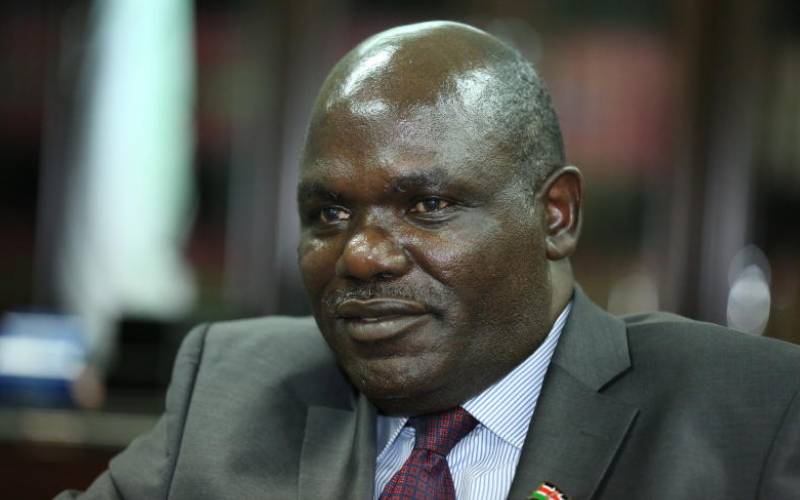×
The Standard e-Paper
Smart Minds Choose Us

Independent Electoral and Boundaries Commission (IEBC) Chairman Wafula Chebukati. [Boniface Okendo, Standard]
The High Court has locked parliament out of the process of selecting Independent Electoral and Boundaries Commission (IEBC) commissioners.